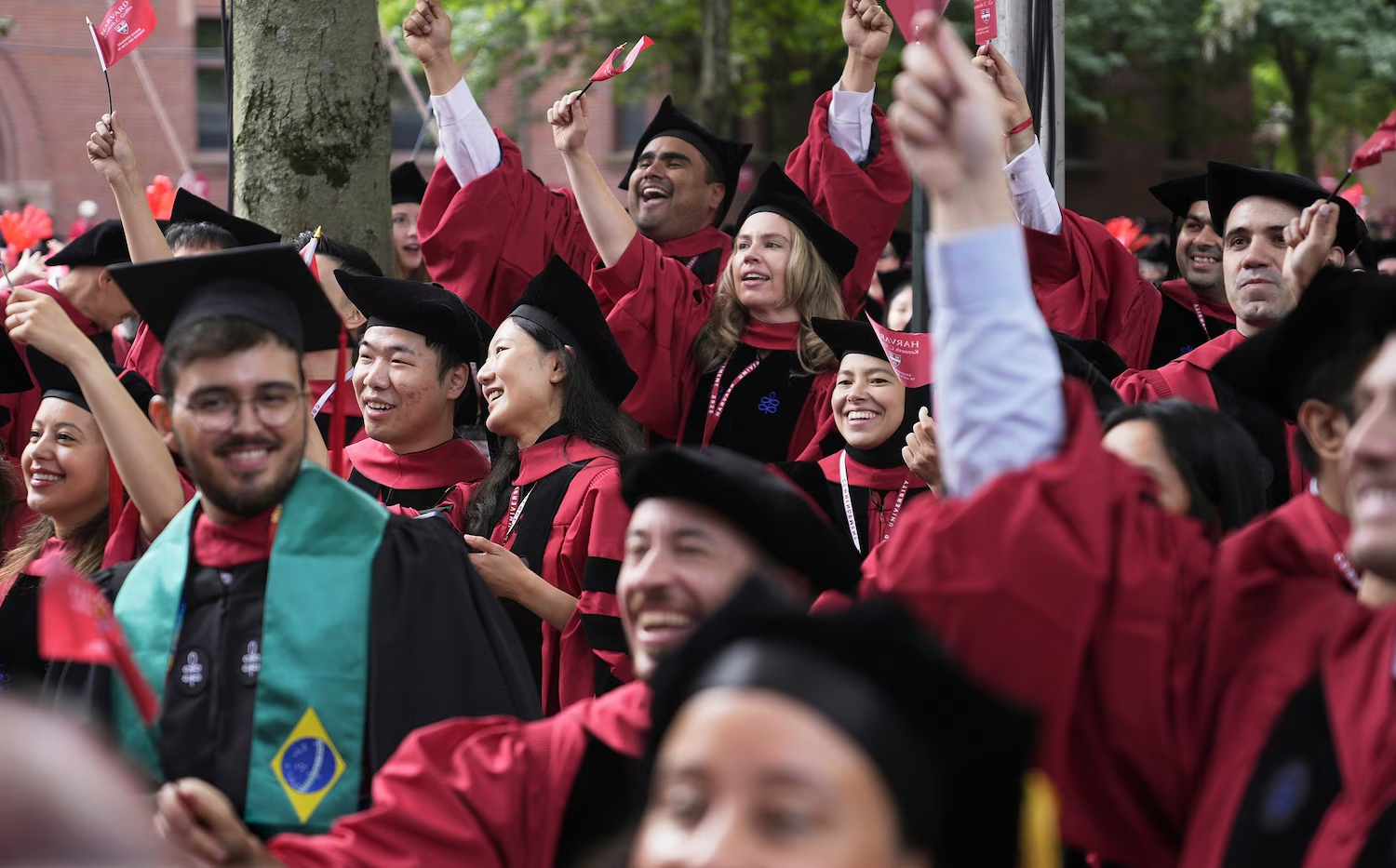In a major escalation of tensions, the U.S. Immigration and Customs Enforcement (ICE) has formally notified Harvard University that its certification to enroll international students under the Student and Exchange Visitor Program (SEVP) may be revoked. Harvard has been given 30 days to respond to the administration’s allegations and provide evidence to maintain its SEVP status. If revoked, Harvard would lose the ability to admit non-resident international students—a move with profound implications for the university and its global student body.
Trevor Garrod Death & Obituary: A Tribute to a Kind and Creative Soul
The Basis for the Trump Administration’s Action
The Trump administration’s decision stems from accusations that Harvard has failed to comply with federal requests for information regarding its international students and campus environment. Department of Homeland Security Secretary Christie Nom claimed that Harvard’s handling of these issues created an unsafe atmosphere for Jewish students and allegedly encouraged pro-prostitution activity on campus. These claims have sparked significant controversy and pushback from Harvard and civil rights organizations.
Legal Proceedings and Judicial Response
During a federal hearing, U.S. District Judge Elison Buroz expressed concerns about the legality of revoking Harvard’s SEVP certification without proper process. Judge Buroz suggested issuing a temporary order to maintain the status quo, emphasizing the need to protect international students from uncertainty and disruption while the case proceeds.
Harvard’s Legal Challenge
Harvard has responded by filing a lawsuit against the Trump administration, arguing that the attempt to revoke its SEVP certification is unlawful and retaliatory. The university claims the action violates its First Amendment rights, particularly its freedom of speech and academic independence. Harvard’s legal team asserts that the government’s move is punitive, intended to force compliance with ideological demands regarding governance, curriculum, and faculty viewpoints. They also argue that the Department of Homeland Security has denied Harvard due process by failing to provide adequate opportunity to respond to the allegations.
Broader Implications: Immigration, Free Speech, and University Autonomy
This dispute highlights broader national debates surrounding immigration policy, institutional autonomy, and free speech on campuses. Critics warn that revoking Harvard’s SEVP certification sets a dangerous precedent for universities, particularly those with politically progressive stances. The Trump administration has often accused higher education institutions of being out of touch with mainstream American values, labeling many as “liberal strongholds.” Opponents of the administration’s actions see this as an effort to suppress academic freedom and punish institutions that resist political conformity.
The Trump Administration’s Justification
Officials defend their stance by emphasizing national security and immigration integrity. They argue Harvard has repeatedly failed to meet federal standards for reporting on international students and ensuring campus safety. DHS Secretary Christie Nom stated that participation in SEVP is a privilege, not a right, and universities must comply with federal regulations to maintain certification.
Current Status and What’s Next
Harvard currently holds a temporary injunction preventing the immediate loss of its SEVP certification, but the legal battle is far from over. Both sides will continue to present evidence and arguments. Harvard will seek to demonstrate compliance with federal law and claim political motivations behind the administration’s actions. Meanwhile, the Trump administration may push forward enforcement efforts aimed at holding universities accountable for their treatment of international students and campus safety policies.
Impact on International Students
Thousands of international students at Harvard face uncertainty as this legal conflict unfolds, unsure how it will affect their education and future plans. The case has quickly become a focal point in discussions about immigration, free speech, and the role of universities in fostering diverse intellectual and political environments.
Conclusion: A Pivotal Moment for Universities and Policy
The ongoing dispute between Harvard and the Trump administration represents a critical intersection of politics, education, and immigration policy in the United States. The outcome of this legal battle could have lasting effects on university autonomy, free speech rights, and the future of international students in American higher education. Harvard remains committed to defending its educational mission and its students, while the administration continues its efforts to enforce immigration policies as it sees fit. The coming months will be decisive in shaping the balance between federal authority and academic freedom.

